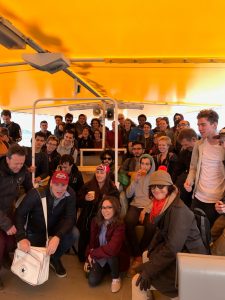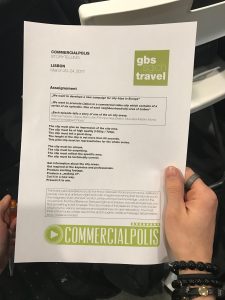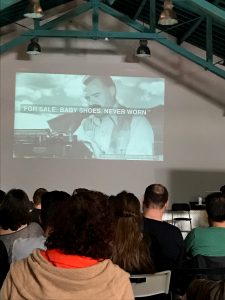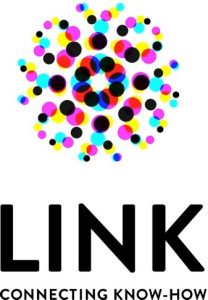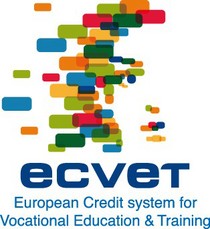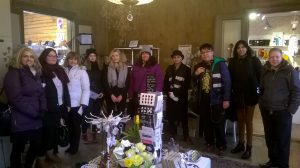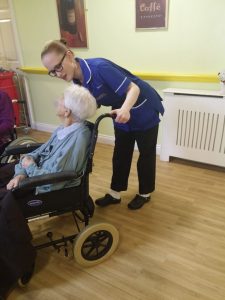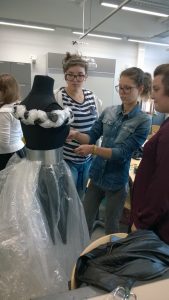Commercialpolis project off to a flying start in Lisbon, Portugal, 20-24 March 2017
“Creativity is increasingly perceived as a strategic driver for economic growth and a real asset for improving competitiveness in a knowledge-based economy. The Creative Industries are knowledge and labour intensive and foster innovation, so the sector is perceived to have a huge but largely untapped potential for generation of employment and export expansion (CIGN, 2015).” Not surprisingly, the creative industry is recognized as a high growth sector in the EU and its member states.
Nearly 50 learners and staff from Netherlands, Spain, UK, Switzerland, Belgium, Finland and Portgual came together for a 5-day workshop on ‘storytelling in marketing’. Jyväskylä College was represented by students Santeri Nikkinen, Susanna Ranta and Juha Raivio and teachers Tiina Hiekkaranta and Raimo Kosonen.
As a marketing tactic, storytelling is based on the premise that people remember information better when it is told as a story rather than presented as a list of facts because it involves the audience in the process by engaging their brains at multiple levels. This is largely because stories are more relatable and inspire an emotional reaction in an audience. Any marketing campaign that rouses an emotional response – whether it be empathy, sympathy, outrage or laughter – is more likely to be remembered (www.zideate.com). It makes consumers more receptive to marketing efforts than through encouraging them to buy a product or service.
Storytelling is increasingly recognized as a key discipline and activity to bring ideas to the market and to build customer loyalty. As a result, both new media storytelling and new media advertising (e.g., mobile advertising, leveraging social media, creating virals) have become an inclusive part of a new marketing strategy, presently barely covered by the existing curricula in many schools. The way of storytelling in commercials, how they are produced and distributed with all the technical possibilities the sector provides, evolved profoundly to meet changing consumers preferences and needs.
Next workshop will be arranged in Newcastle, UK in the autumn term 2017.
More info about the project here: http://www.commercialpolis.eu/
The project is partly funded by ErasmusPlus KA2 funding.
